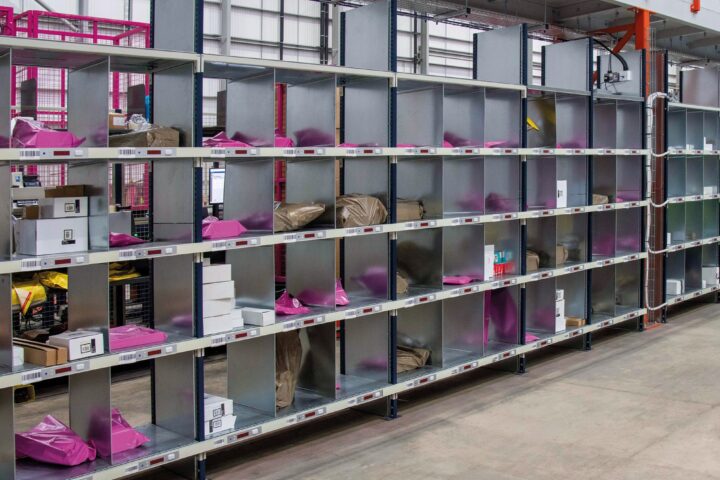A driving school is using the approach of “catch them young, watch them grow” to attract fresh talent into the trucking industry.
Commercial Heavy Equipment Training (CHET), Musket Transport’s in-house driving school gave young immigrants an immersive trucking experience during a workshop at their Burlington, Ont. campus.
Sophia Sniegowski Begidzhanov, corporate communications officer, Musket Transport/CHET, said that obtaining an A/Z licence provides a gateway into the industry. There are a lot of opportunities in transportation, and driving experience is invaluable if one seeks to pursue opportunities in operations or management in the future, she added.

CHET teamed up with an immigrant services organization and Toronto Business Development Centre (TBDC) for the event.
The learning process does not end after getting a licence and finding a job, Anthony Dyal, Musket’s fleet resources manager, told the youngsters.
“You have to constantly work at your trade. If you do that, you will be successful, because this is an industry where you can grow,” he said.
Career path
Musket’s driver manager Mensur Xhemajli revealed how his career path began at CHET, training for his commercial driving licence. He went on to drive truck on and off for 15 years, including a stint as an owner-operator. His other jobs included being a crane operator, driving instructor and yard supervisor.
Xhemajli urged the young people to maintain clean driving records, especially if they were interested in making trucking a career. Speeding, reckless driving and crashes are frowned upon, he added.

Hammad Hassan, program manager, explore trucking careers, TBDC said that starting out in trucking can lead to other careers. He said that he obtained his A/Z licence after immigrating to Canada.
“Trucking brought me here; I’m now working as a program manager. It can take you anywhere, use that knowledge to advance yourself. The opportunities are endless,” he said.
Sandra Graham, CHET’s operations manager, noted that getting a D/Z licence is an easier pathway into trucking. The training duration is shorter, and fees are lower.
Given the current economic and freight situation, there are more opportunities for D/Z driving jobs, Hassan told the attendees.
Training and professionalism
Graham highlighted the importance of proper training and road safety. “In trucking, you are only as good as your last mistake. They are expensive or could hurt somebody,” she said.
Professionalism also matters, since truck driving is a customer-facing job, attendees were told. The speakers noted that drivers sometimes get pulled over by enforcement officers and their conduct can make a difference as to how that interaction unfolds.
Francois Jeddi, CHET’s sales manager, explained the difference between local and longhaul driving work and the types of jobs available, including hauling vans and reefers, and getting more specialized with flatbed and tanker operations.
When an attendee asked him about the hours of work, he explained the number of hours a driver could legally drive. But truckers can expect to work weekends and nights, he said, adding that transportation continues 24 hours a day, seven days a week.

Representatives from a financial literacy organization and a loan provider also spoke to attendees about funding options to propel their career paths.
After lunch, the youngsters took a spin on the truck-driving simulator and got an opportunity to ride in a tractor-trailer.
Omar, who is exploring trucking as a career, said that the workshop helped answer his questions and shed more light on the industry. Alighting from the truck after a ride with other participants, he said that he enjoyed the experience.
Will he be behind the wheel of a big rig some time soon? He said that it was highly likely in the near future.









